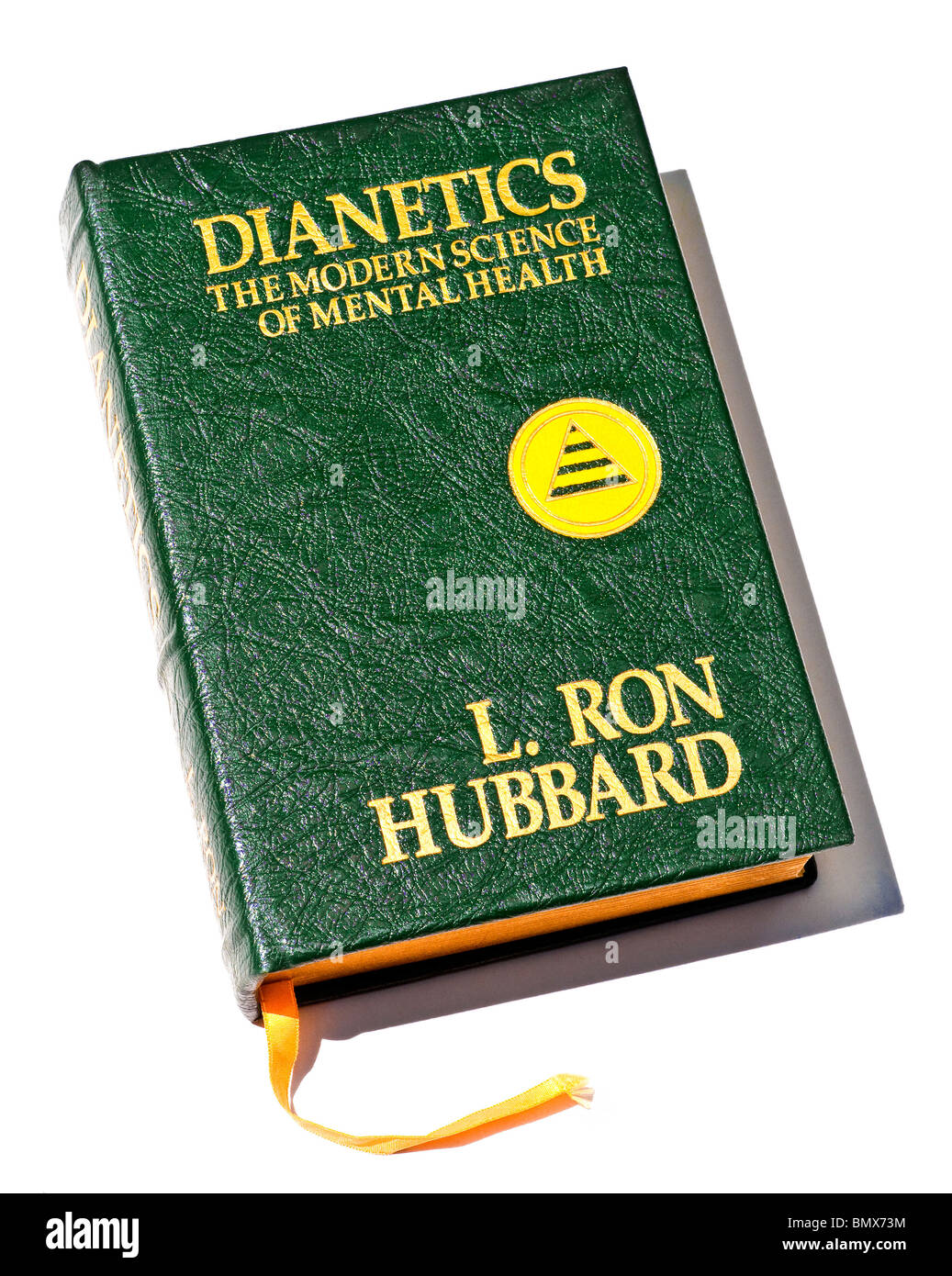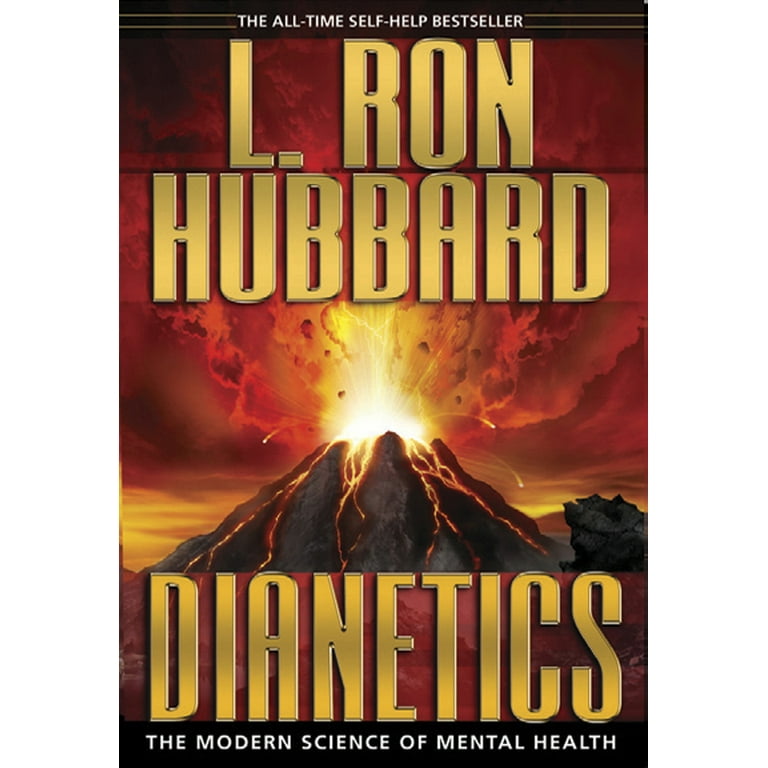The 8-Second Trick For Dianetics
Table of ContentsSome Known Details About Dianetics The Ultimate Guide To DianeticsAll About DianeticsNot known Details About Dianetics
I could not ever before not want to receive anything that comes to mind for you- if it was or else, I wouldn't be resting right here with you, doing this. I not just might never have a trouble, or not desire to listen to something that comes to mind for you, yet I'm totally anxious to understand every idea, every idea, every image or sensation that emerges or manifests for you- do not ever before believe or else, and if for some reason you do, please simply let me recognize! In some cases, you may have a thought, and photo, idea or incident turn up that does not seem to address the question, or associate to it, but nonetheless, constantly do tell me about it, and as we continue, the significance will arise for you.This is intrinsic in the basis of processing, and the topic of this discussion: the basic duties of the counselor and the client: The standard duty of the therapist is, unlike "typical training", not to control, which indicates to impose and/or hinder, but to instead work from the basis of EMPOWERING THE CUSTOMER.

Top Guidelines Of Dianetics
John Mcmasters revealed this fundamental truth splendidly well in among his lectures on Power processing, where he explains just how he was asked what this "special knack" was that he had for giving such wonderful sessions; he had to think of that for a moment, and found that it was what he had not been doing, in addition to what he was doing: he wasn't assessing, judging, computing, or in truth, producing any type of ideas, allow alone spoken expressions, after offering the command and while waiting for the PC to complete their solution to their fulfillment; he was, just and just, existing with the computer, and entirely interested.
The duty of the therapist, demonstrated; that was his "unique knack". I have had my very own experience which educated me this well, extremely early in the game. In 1982, having lately finished my training and internship on New Era Dianetics, I was running this on a COMPUTER, and there was a factor in the session where (being a bit damp behind the ears not yet having lots of hours under my belt as an expert auditor) the PC seemed to be "taking also long" to share anything verbally after I offered him a command.
This key became the most valuable contribution that John ever made to the topic of therapy or bookkeeping (Dianetics). In my simple opinion, it is the best payment that anybody has ever before made to these subjectsthe application is totally non-judgemental, non-evaluative, and devoid of any kind of pointer, suggestions or opinion.no preconditioned agenda for individuals, or 'levels' that they have to do
In Idenics, the only resource of info about a client is the specific customer. In Scientology we prided ourselves on not reviewing for people. All that really indicated was that the auditor did not VERBALLY examine for the PC in session. The registrars and ethics police officers assessed for the PC.
7 Easy Facts About Dianetics Explained

Any person who had ever before seen John audit could not assist yet notice a distinct high quality in his bookkeeping."The client's fundamental duty is to be there with the purpose of moving in the instructions of their spiritual goals, and to freely and completely reveal and experience whatever shows up for them in answering the concerns and carrying out the guidelines in the handling.
This is something to process as required. Additionally, individuals regularly have previous experience and/or brainwashing in auditing/processing which, in some means, and to some levels, really misdirects them into attitudes, ideas and behavior patterns that prevent the complete awareness of these functions, and so they will tend to hinder the expressing of what comes to mind, as in the instances provided over - Dianetics. * The initial, and probably leading examples of mis-indoctrination bring about less than totally smooth and efficient sessions, can be found in particular facets of the training routines, or "TR's":"TR's" are commonly a person's first, or at the very least early, experience in Scientology, and while I will certainly go on to clarify what I view as the problems in concept and technique, nonetheless, tend to be considerably therapeutic, done as they are offered (Hubbard insists that "TR's are not processing, they are training", yet factually, they are both handling AND training)
There is no "failing", and no denial of the reality of this being processing. The emphasis, as it should be, is on experiencing the other individual's existence.
The Single Strategy To Use For Dianetics
